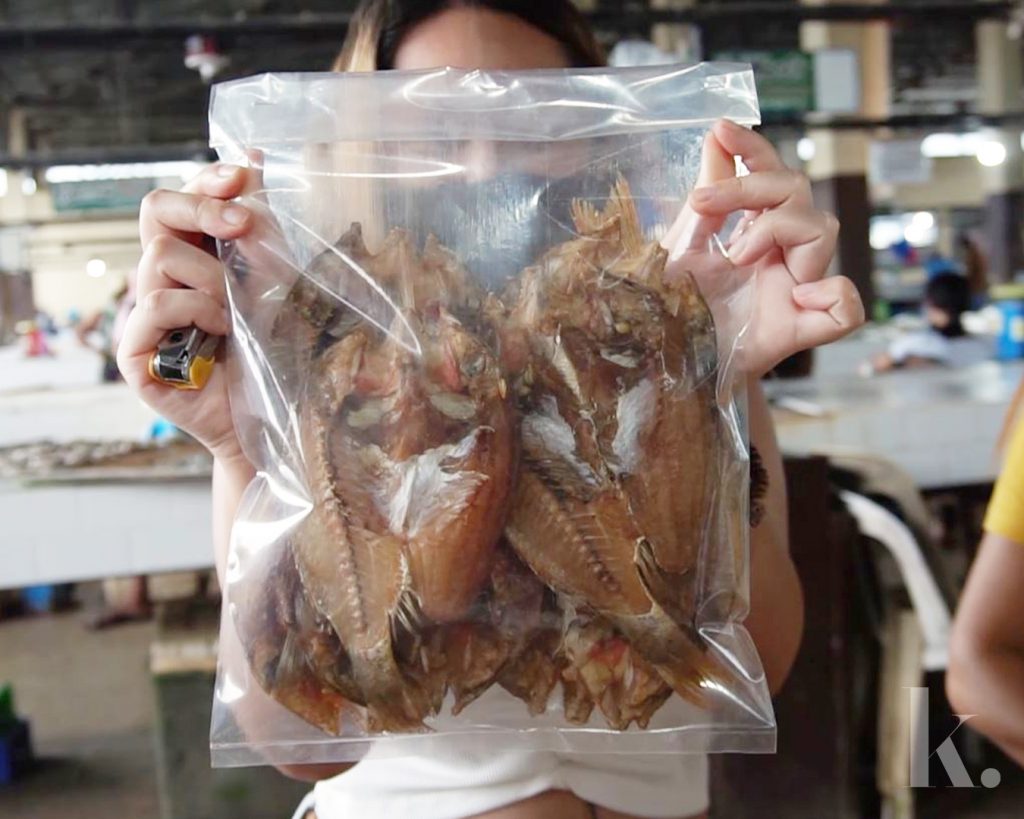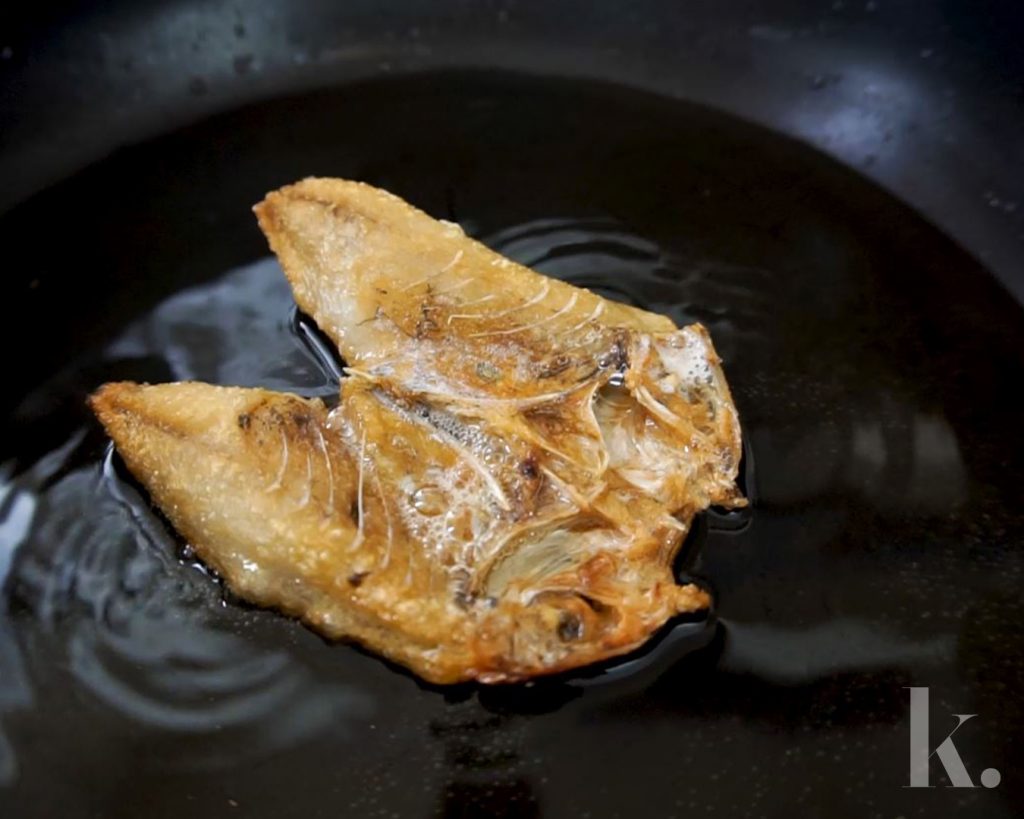In my quest to rediscover Cebuano culture, I went straight to the heart of what brings people together—food.
As someone who’s grown up in Cebu City, there is so much I don’t know about Cebu’s culinary traditions. Perhaps it’s the continuous Westernization of Cebu that’s somehow distanced me from these dishes, but I can’t help but think, “Maybe I’m not the only one that wants to know more about uniquely Cebuano food?”
There is so much to uncover, and Bantayan Island’s labtingaw is just one of the many that I want to celebrate.
A Hidden Gem-of-a-Souvenir from Bantayan
Bantayan is known best for its powder white beaches and bountiful fresh seafood. While you’re there, stuffing your face with grilled scallops, crabs, and a variety of fish is of utmost priority. There is truly, nothing like it.
But once the day you check out rolls in, you’re left with the desire to bring a part of the island’s cuisine with you. Enter buwad: salty and savory dried fish. Though enjoying buwad is an acquired taste, the labtingaw is another of Bantayan’s delicacies that is in between fresh and dried fish; perfect for those still looking to enjoy a little more meat on their fish. And—no, labtingaw is not buwad (just her sister!)
Because labtingaw is dried for several hours, it results in fish that is dried just enough to keep for 2-4 days. When lightly fried with a vegetable oil, the labtingaw’s texture is tender, and tastes less salty than buwad.

How Labtingaw is Made
Virtually any fish with white meat can be made into labtingaw, even lapu-lapus (groupers)! The two most common fish for labtingaw is danggit (rabbitfish) and kiros (emperor fish).
The process starts with cutting each fish in half, meticulously removing any entrails or traces of the internal organs and rinsing multiple times. Working with danggit comes with its hazards, as the fish has sharp fins, and therefore need to be handled with utmost care.
The fish is then rinsed with water while the brine is being prepared. Most labtingaw makers no longer need to measure the salt to a T, as it’s already second nature to them. After brining for around 15-30 minutes, it’s rinsed a final time then laid out in the sun for 3-4 hours.
Labtingaw is traditionally guarded and dried close to the shore to ensure no pesky pests approach or steal the labtingaw worked so hard on.
Compared to buwad, the 3-4 hour drying time allows the labtingaw to retain more moisture and tenderness to its meat; as compared to buwad, which is dried the whole day, and on some occasions, dried for multiple days.

After it’s packed, labtingaw can be stored in the refrigerator for up to 4 days, and in the freezer for much longer. When lightly fried with a vegetable oil, the labtingaw’s texture is tender, and tastes less salty than buwad. Served with your version of kinamatisan and a garlic-vinegar saw-sawan, is a match made in heaven.
By request, labtingaw can also be spruced up with even more flavor. The kiros is commonly marinated with soy sauce, MSG, pepper, garlic, and lemonsito.
Enjoying Labtingaw in the City
It’s quite rare to find labtingaw readily sold in the market. Because Bantayan’s seasoned makers need to coordinate with their fishermen to secure the appropriate fish, labtingaw is often ordered at least a day in advance.
If you’re craving labtingaw but can’t wait for at least a day, online sellers like The Original Bantayan Labtingaw make it easy for city dwellers to consume this delicacy. Each maker has their own spin on the elusive labtingaw, and like all things in life, you just need to find the best labtingaw supplier that fits your own tastes and needs.
Labtingaw is arguably one of Bantayan’s most underrated experiences, and it’s definitely worth uncovering for yourself.
To pre-order your labtingaw in Bantayan, contact Iylen Villacen at 0910 773 7584. To order frozen labtingaw in Metro Cebu, message @theoriginalbantayanlabtingaw on Facebook or Instagram.


